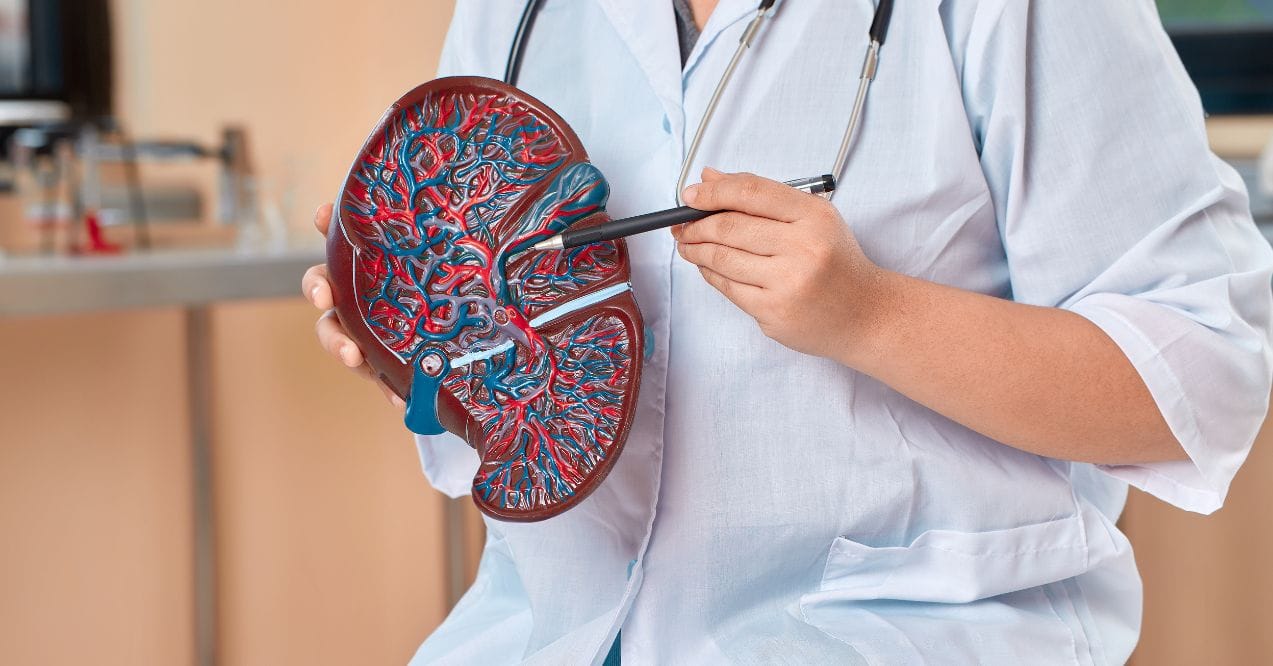Can a Fatty Liver Make You Tired?
Medically reviewed by our experts


Living with unexplained tiredness can be frustrating, especially when it interferes with daily activities. One potential source of persistent fatigue might be linked to your liver health. Can a fatty liver make you tired? This question leads many to explore the connection between liver function and energy levels.
What Is Fatty Liver Disease?
Fatty liver occurs when excess fat builds up in liver cells. This condition comes in two main forms: one related to alcohol consumption and another unrelated to alcohol use. The non-alcohol related type affects about one-third of adults, with higher rates among those over 60.
Several factors contribute to fat accumulation in the liver:
- Body weight above recommended levels
- High blood sugar levels
- Consuming processed foods frequently
- Limited physical activity
The liver serves as your body’s primary processing center, managing nutrients and maintaining energy balance. When fat accumulates in liver cells, it can disrupt these essential functions.
How Does Fatty Liver Affect Energy Levels?
The connection between liver health and fatigue runs deep. Can a fatty liver make you tired? Research suggests it might. Your liver processes nutrients into energy, and when it becomes congested with fat, this process may become less efficient.
The impact on energy occurs through several pathways:
- The liver struggles to process nutrients effectively
- Natural detoxification processes slow down
- Cellular energy production becomes less efficient
These changes often lead to:
- Mid-day sleepiness
- Reduced physical stamina
- Mental fog
- General sense of sluggishness
Physical activity might feel more challenging, and recovery after exercise may take longer. Daily tasks that once felt simple might now require more effort.
How to Manage Fatigue Caused by Fatty Liver
Overcoming fatigue linked to fatty liver involves a multi-faceted approach focusing on daily habits and lifestyle modifications. The following strategies can help restore your natural energy levels and support overall liver function.
Nourishing Food Choices
Selecting the right foods plays a vital role in supporting liver function. Start your day with whole grain options like oatmeal or whole wheat toast instead of pastries or white bread. Include dark leafy greens such as spinach or kale in at least two meals daily. Choose proteins like fish, chicken, or legumes, which provide sustained energy without overtaxing the liver.
Meal Timing and Portions
Eating at consistent times helps stabilize energy levels throughout the day. Plan three main meals with light snacks in between if needed. Keep portions moderate – use a 9-inch plate and fill half with vegetables, a quarter with lean protein, and a quarter with whole grains. This approach supports steady energy release while maintaining a healthy weight.
Strategic Physical Activity
Begin with 10-minute walks after meals, which aids digestion and provides natural energy. As stamina builds, extend walking time by 5 minutes each week. Simple stretching exercises in the morning can increase blood flow and reduce stiffness. Swimming or water exercises offer gentle resistance while being easy on the joints.
Hydration Habits
Start each morning with a glass of water. Keep a water bottle visible as a reminder to drink throughout the day. Aim for clear or light-colored urine – this indicates good hydration. If plain water feels boring, add sliced cucumber or lemon for natural flavor.
Sleep Quality
Create a consistent bedtime routine to support liver renewal during sleep. A cool, dark room promotes better sleep quality. Avoid screens an hour before bed, as blue light can disrupt natural sleep patterns. Seven to eight hours of sleep allows the liver to perform its restorative functions effectively.
Energy Management
Plan more demanding activities for morning hours when energy typically peaks. Take short rest breaks before feeling overly tired – this prevents energy crashes. Light activities like reading or gentle stretching during afternoon rest periods help maintain energy balance without full stops.
Conclusion
The connection between fatty liver and fatigue is significant. Can a fatty liver make you tired? The evidence points to yes – but there’s much you can do to improve the situation.
If you experience ongoing fatigue, working with qualified health professionals can help create a personalized plan for your needs. They can monitor your progress and adjust recommendations based on your response.
Focus on the positive changes you can make today while building habits that support long-term liver health. With patience and consistent effort, many people find their energy levels improve as their liver health gets better.
Early signs may include fatigue, abdominal discomfort, and unexplained weight gain. Regular checkups and liver tests are crucial for early detection.
Yes, the inefficiency of the liver in processing nutrients and detoxifying the body can contribute to chronic tiredness. Addressing the condition can help alleviate these symptoms.
A healthy diet, regular physical activity, and weight management can support liver function and reduce fatigue. Consult a healthcare provider for personalized guidance.
Popular Articles
Advertisement. This site offers health, wellness, fitness and nutritional information and is designed for educational purposes only. You should not rely on this information as a substitute for, nor does it replace, professional medical advice, diagnosis, or treatment. If you have any concerns or questions about your health, you should always consult with a physician or other health-care professional. Do not disregard, avoid or delay obtaining medical or health related advice from your health-care professional because of something you may have read on this site. The use of any information provided on this site is solely at your own risk.













